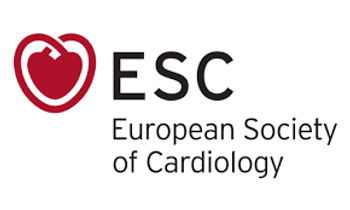
Studies on anticoagulants and SGLT2 inhibitors, and guidelines for dyslipidemia and more are anticipated at the meeting.
Mary Caffrey is the Executive Editor for The American Journal of Managed Care® (AJMC®). She joined AJMC® in 2013 and is the primary staff editor for Evidence-Based Oncology, the multistakeholder publication that reaches 22,000+ oncology providers, policy makers and formulary decision makers. She is also part of the team that oversees speaker recruitment and panel preparations for AJMC®'s premier annual oncology meeting, Patient-Centered Oncology Care®. For more than a decade, Mary has covered ASCO, ASH, ACC and other leading scientific meetings for AJMC readers.
Mary has a BA in communications and philosophy from Loyola University New Orleans. You can connect with Mary on LinkedIn.

Studies on anticoagulants and SGLT2 inhibitors, and guidelines for dyslipidemia and more are anticipated at the meeting.
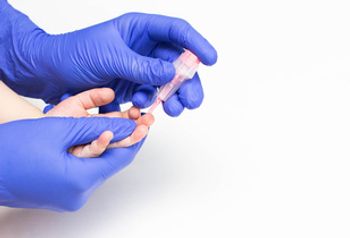
The findings suggest that all patients with monoclonal gammopathy of underdetermined significance should have annual blood testing to monitor whether risk of cancer change over time.
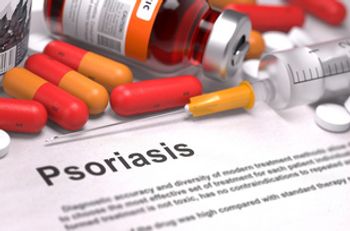
Findings appeared this month in the Journal of the American Academy of Dermatology.
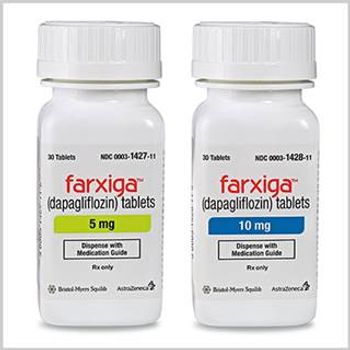
Dapagliflozin And Prevention of Adverse-outcomes in Heart Failure includes patients with and without type 2 diabetes, although the topline results did not specify if results were similar in these 2 populations.

Interest in omega-3 fatty acids have increased since publication of the results of REDUCE-IT.

Chronic pain, obesity and cancer, multiple myeloma patterns, pancreatic cancer screening updates, and more.

A Conversation With Barbara S. Levy, MD, Vice President, Health Policy, American College of Obstetricians and Gynecologists

The authors call for more personalized screening protocols to find cancer earlier in younger adults, as well as public health efforts to address obesity.

A review of the documentary on the life of James P. Allison, PhD, of The University of Texas MD Anderson Cancer Center, co-winner of the 2018 Nobel Prize in Physiology or Medicine.

A Conversation With Chief Medical Officer Andrew Norden, MD, MPH, MBA

The study's lead author said more work is needed to develop screening protocols for people who may face familial risk of a blood cancer.
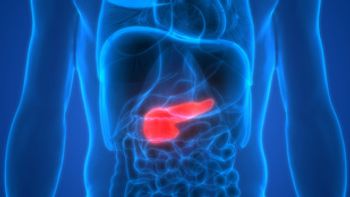
The task force called for more research to develop better screening methods and work to decide if certain populations should be screened, such as those with diabetes.
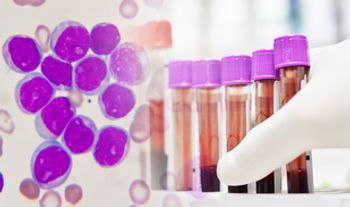
Patients with chronic lymphocytic leukemia (CLL) will likely see a new standard of care based on outcomes in a phase 3 trial for patients treated with a combination of ibrutinib and rituximab.

CMS announced changes to make it easier for the consumer to know what they are paying for in healthcare and for physicians to manage chronic conditions.

The bill would reduce prices up to 75% based on anticipated 2020 levels, according to Senator Jeanne Shaheen, D-NH, the lead sponsor.

Unusual eating behavior can be seen in 70% of children who have autism, and it is so characteristic of this group that hypersensitivity to food textures or temperatures can be a reason for parents to look into an autism diagnosis, according to new research from Penn State College of Medicine.

The findings support 2017 guidelines from the American College of Cardiology and the American Heart Association to more aggressively treat high blood pressure.
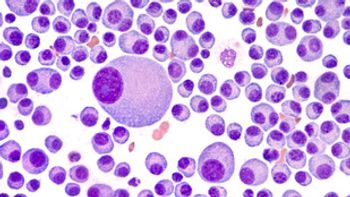
African Americans are twice as likely to get multiple myeloma (MM) as whites, but they get the disease at younger ages.

Financial toxicity, ACO contracts, removing barriers to care.

The new index would measure more than 60 variables, including the built environment, education and community context, and even the weather and crime.

Doctors writing for the American Academy of Pediatrics say 80% of the cases of a rare condition, paradoxical vocal fold motion, are confused with asthma.

A new blood test being developed in the United Kingdom has been shown to not only identify those infected with human tuberculosis (TB) but also identify those most at risk of developing it.

Research led by authors from the University of Pennsylvania find widening geographic and rural-urban disparities in the story of rising white mortality rates.
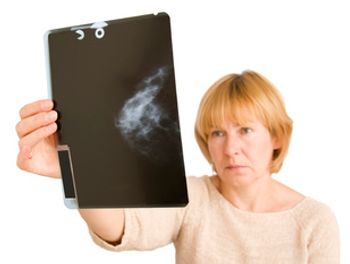
Poor interpretation of imaging is the top reason for oncology malpractice lawsuits.
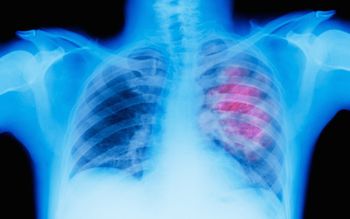
The genomic test is designed to limit invasive procedures for low-risk patients with suspicious lung nodules.
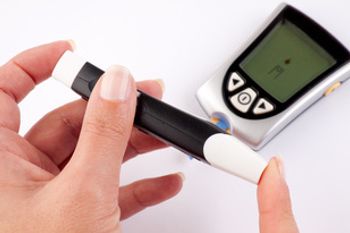
The study involves a novel way to measure success for diabetes prevention programs, which historically have been evaluated by the amount of weight participants lose.

Coverage of DECLARE, CARMELINA, and other studies that highlight the connection between diabetes and renal outcomes

The Los Angeles gathering of the Institute for Value-Based Medicine focused on the need to intervene early in the course of diabetes, so that patients can avoid long-term complications. Over the past decade, cardiovascular outcomes trials for glucose-lowering therapies have revealed unexpected benefits, offering new opportunities for cardiologists.

A discussion with Naeem Khan, MD, vice president of US cardiovascular and metabolic diseases at AstraZeneca, on lessons from the wave of cardiovascular outcomes trials, the new focus on renal outcomes, and what’s next for SGLT2 inhibitors.

Presentations at 2 major scientific conferences showed that the SGLT2 inhibitor cut the risk of renal failure or death by 30% and had renal benefits for patients with and without previous cardiovascular disease.

259 Prospect Plains Rd, Bldg H
Cranbury, NJ 08512
© 2025 MJH Life Sciences®
All rights reserved.
